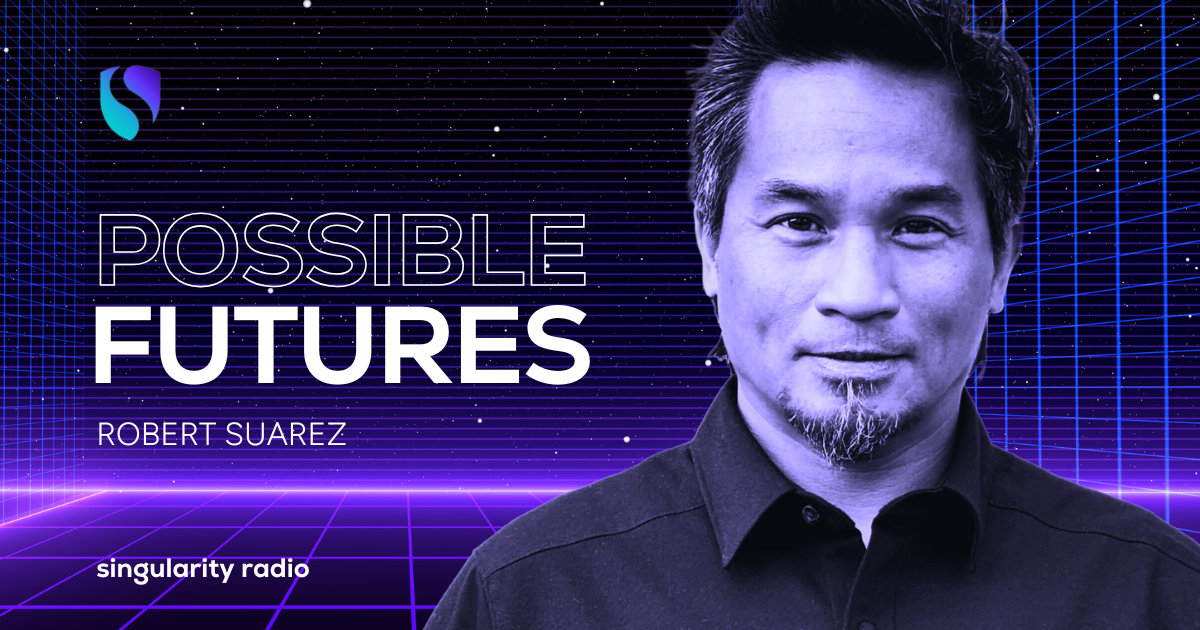Hacking Elections & Misinformation


This week our guest is Renee DiResta, the technical research manager at the Stanford Internet Observatory, a cross-disciplinary team exploring the abuse of our current information technologies. Specifically, Renee investigates the spread of narratives and propaganda across social networks such as pseudoscience conspiracies, terrorist activity, and state-sponsored information warfare.
We focused heavily on these topics during our conversation, exploring how Renee’s interest was first piqued by the anti-vaxxer community, how Redditors impacted the stock market with Gamestop, Russias involvement in the 2016 American presidential election, the potential consequences of a certified digital ID, and more.
**
Host: Steven Parton // Music by: Amine el Filali



.png)